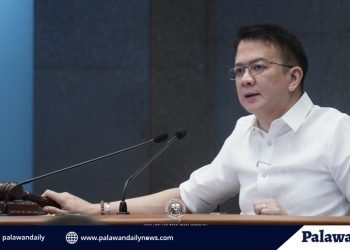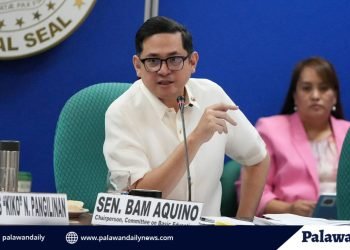President Ferdinand “Bongbong” Marcos Jr. has signed into law a measure liberalizing the lease of private lands to foreign investors, a move that signals the administration’s intent to attract long-term capital while balancing national security and development priorities.
Republic Act No. 12252, which amends the nearly three-decade-old Republic Act No. 7652 or the Investors’ Lease Act, expands the scope of land use by foreign investors. It permits lease contracts of up to 99 years, though the President retains the authority to impose a shorter period upon the recommendation of the Fiscal Incentives Review Board (FIRB) or other government agencies.
Such limits may apply to “investors engaged in vital services or industries considered as critical infrastructure, in the interest of national security or pursuant to government-identified priorities for national development.”
The law, signed on September 3, stipulates that leased land must be used solely for the approved and registered investment project. The leased area must also be “reasonably required for the purpose of the approved and registered investment,” and remain subject to existing legislation, including the Comprehensive Agrarian Reform Law and the Local Government Code.
Foreign investors must register their projects under Philippine laws to qualify for the extended lease terms. Otherwise, they remain bound by Presidential Decree No. 471 and other existing restrictions on land leases to non-citizens.
The measure represents both opportunity and caution. If an investor withdraws the approved project or diverts the leased area for purposes beyond what was authorized, the lease contract is automatically terminated. The lessor, however, retains the right to claim damages.
In addition, the new law introduces a regulatory safeguard: Section 5-B, which requires all sublease contracts to be registered with the Registry of Deeds and annotated on the Certificate of Title. This provision aims to strengthen transparency in transactions that often blur the lines of control over leased properties.























